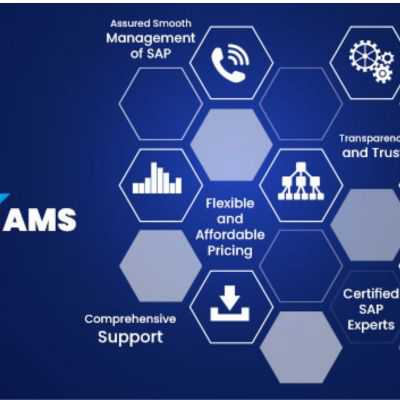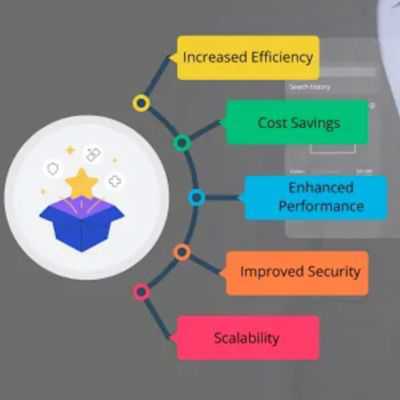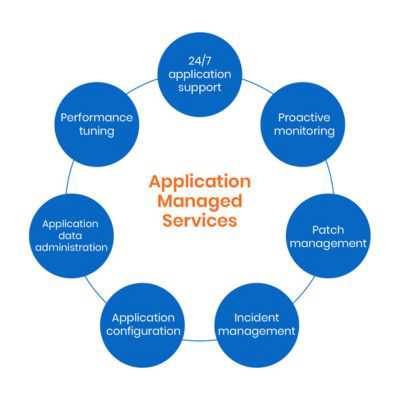1. Introduction to Cloud Application Management and the Role of AMS
Cloud application management is becoming an essential trend for businesses in the digital age. Moving applications to the cloud offers scalability, flexibility, and cost-saving benefits. However, it also introduces challenges such as security, data management, and ensuring system performance.
AMS (Application Management Services) plays a crucial role in helping businesses optimize cloud application management, reduce risks, and enhance operational efficiency.
2. Challenges in Cloud Application Management
While cloud application management offers numerous advantages, it also presents several major challenges, including:
- Security and compliance: Storing and processing data in the cloud increases security risks, and businesses must ensure data encryption, protection, and compliance with regulations such as GDPR and HIPAA.
- Multi-cloud management: Many businesses operate in a multi-cloud environment, complicating the management of applications and requiring tight control and continuous integration between systems.
- Ensuring performance and scalability: Optimizing cloud application performance involves more than managing resources—it also requires flexible scalability and quick resolution of issues.
- Uncontrolled costs: Poorly managed cloud services can lead to escalating costs, affecting a business's budget.
3. AMS Solutions for Cloud Application Management
AMS offers comprehensive solutions to address the challenges in cloud application management:
- Enhanced security: AMS provides encryption, access control, and continuous security monitoring to keep systems safe from cyber threats.
- Performance optimization: With 24/7 monitoring, AMS automatically detects and resolves issues, optimizing application performance and ensuring stable operations.
- Effective multi-cloud management: AMS helps businesses integrate multi-cloud environments, offering a centralized, user-friendly platform to reduce complexity in system management.
- Cost optimization: AMS allows businesses to monitor cloud resources, optimizing service usage costs and preventing unnecessary spending.
4. Benefits of AMS in Cloud Application Management
Using AMS for cloud application management provides businesses with several clear benefits:
- Enhanced security: AMS comprehensively protects business data and systems with modern security tools.
- Optimized performance and scalability: AMS ensures applications always run at optimal performance and can be easily scaled when needed.
- Simplified management: AMS offers a centralized management interface, allowing businesses to easily monitor and manage all cloud applications.
- Reduced risk: Through continuous monitoring and early warnings, AMS helps businesses detect and address issues promptly, avoiding disruptions.
5. Future Trends in Cloud Application Management with AMS
In the future, cloud application management will continue to evolve with the support of technologies like AI, Machine Learning, and Automation. AMS will not only focus on optimizing performance but also leverage new technologies to automate more processes, reducing human intervention and increasing accuracy.
- AI and Machine Learning: These technologies help analyze large data sets from cloud applications, predict issues, and intelligently optimize resources.
- Automation: AMS will automate maintenance, updates, and optimization processes, saving businesses time and reducing costs.
6. Conclusion
Cloud application management is becoming a critical part of every modern business's technology strategy. With challenges in security, management, and optimization, AMS has become an essential solution, helping businesses streamline processes, minimize risks, and ensure high performance. By integrating AMS with advanced technologies, businesses can enhance their competitiveness and achieve sustainable growth in the future.









